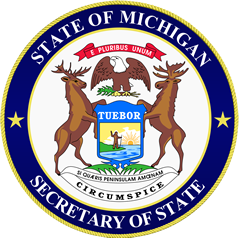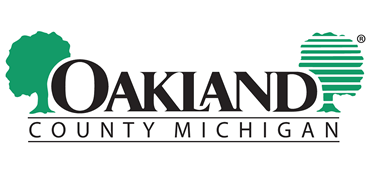Mercer Beach is treated throughout the summer months with Aquatic Herbicide Treatment. Check here for beach closures.
MERCER BEACH IS OPEN
General Information from the FAQ on the EGLE Website regarding Herbicide Applications
The following information was pulled directly from the Frequently Asked Questions under the Aquatic Nuisance Control/general information tab of the Michigan EGLE’s Website. You can find all this information and more @ https://www.michigan.gov/documents/deq/wrd-anc-faq_565051_7.pdf. You can also visit our website Savin Lakes and select the learn more tab for additional information.
Chemical control of nuisance aquatic species is typically a regulated activity and requires a permit from EGLE’s ANC Program, particularly when targeting species in inland lakes, ponds, streams, wetlands, road-side ditches, etc., where water is visibly present in the area of impact at the time of treatment.
The Aquatic Nuisance Control (ANC) Program regulates the chemical control of aquatic plants and algae when they impair the use of or access to the water. Aquatic species may include various forms of algae (Planktonic, Filamentous, and Macroalgae such as Chara and Starry Stonewort), submersed plants (i.e., those located underwater, such as Coontail, Pondweeds, and Milfoils), Floating-Leaf Plants (e.g., Lilies and Watershield), and Emergent Plants (e.g., Cattails, Rushes, and Phragmites).
Can I prevent my neighbor from putting aquatic pesticides in my lake?
You generally cannot prevent your neighbor from treating his/her property under a valid ANC permit. In Michigan, waterfront property owners typically have authority over the bottomlands in wedge shape out to the center point or thread of the lake or stream, respectively. Except in certain circumstances (such as in a Special Assessment District), you also have the right to not chemically treat your bottomlands.
Are the aquatic pesticides safe for public health and the environment?
The aquatic pesticides that are permitted by the ANC Program are registered by the United States Environmental Protection Agency (USEPA) and the Michigan Department of Agriculture and Rural Development (MDARD). They also undergo toxicological review by EGLE. If the pesticides are applied according to label instructions and permit requirements, these chemicals should pose no danger to public health. Most products permitted by ANC also pose no danger to the environment when correctly used and while a small subset may have an impact on water quality, these products have additional permit restrictions to minimize their risk to the environment. General product safety information is included on the federal product label. In addition, you may review human and environmental health and safety information on the Safety Data Sheet (SDS). This information is usually posted on the manufacturer’s website.
Will the aquatic pesticides affect swimming or fishing in the lake?
EGLE institutes a 24-hour swimming restriction only in the treatment area. This restriction is in place primarily to keep swimmers out of the way of the applicator boat, to minimize disturbance within the treatment area, and to maximize plant uptake of the active ingredient. The only product with a swim restriction on the federal label is 2,4 D ester (Navigate and Aquacide, 24-hour swim restriction). Currently, there are no fish consumption restrictions required by the aquatic pesticide labels of products permitted in Michigan.
How is the treatment of native and non-native aquatic vegetation permitted differently?
EGLE permits the chemical control of both native and non-native aquatic vegetation. Treatment of native vegetation is done for control of nuisance conditions that would otherwise greatly impede recreational use of the site. Control of native vegetation is typically restricted in size and location to areas with the highest recreational usage (along developed shoreline). Treatment of native vegetation is limited in this manner to provide habitat protection for native plants and animals that live in the lake. Treatment of non-native vegetation may be permitted anywhere in the waterbody, provided that it can be conducted in a selective manner (through selection of the herbicide active ingredient, dosage, seasonal timing, treatment frequency, etc.) and with the required bottomland owner permissions and treatment map delineations. More expansive treatment of non-native species is allowed in order to counteract the spread of invasive species and promote the return of native plants to the system.
As always if you have any questions, comments, or require any additional information, please feel to contact Savin Lake Services for more information: 877-728-5253




